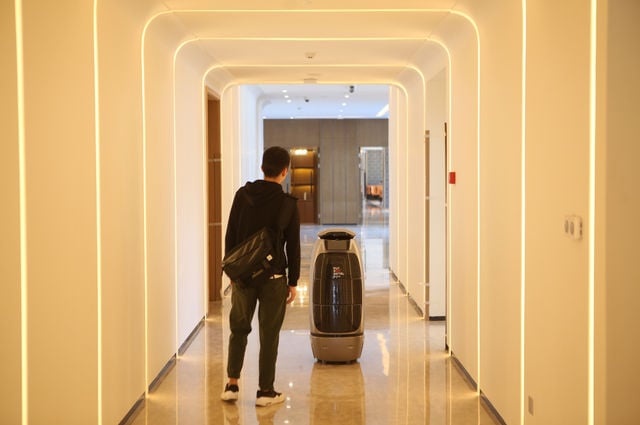Is 2025 the year for robots in Hotels?
9 experts shared their view
Rising costs and shortages of available labor are major problems facing the hotel industry. Whether it is the potential use of autonomy to eliminate some tasks like food delivery and cleaning public spaces or co-bots to assist associates in becoming more efficient and productive, robots are a potential part of the solution to staffing challenges.
How do you see robots potentially impacting hotels and where can they make the most difference?
Whether 2025 is the year for hotel robots depends mainly on how we define "robots." If we're referring to physical, humanoid machines, like those seen at the Henn na Hotel in Osaka, Japan, the answer is a clear NO. While these robots attract attention, they often provoke the "uncanny valley" effect, making guests uncomfortable, and their practical utility in hospitality remains limited. However, if by "robots" we mean software-based Robotic Process Automation, then the answer is a resounding YES.
The hospitality industry, struggling with a severe labor shortage, has found that traditional solutions like wage increases and flexible hours are no longer sufficient. As of mid-2023, 82% of hotels report staffing shortages, with 26% describing the situation as "severe."
This presents a clear opportunity: "Digital workers" (a term I prefer over "robots") can help hotels maintain the expected level of guest service, even with a reduced human workforce. They also sidestep the unsettling nature of physical robots, offering a seamless and scalable solution without the discomfort associated with near-human machines.
So, while 2025 is unlikely to be the year of humanoid robots in hotels, it very well could be when digital workers transform the industry behind the scenes.


